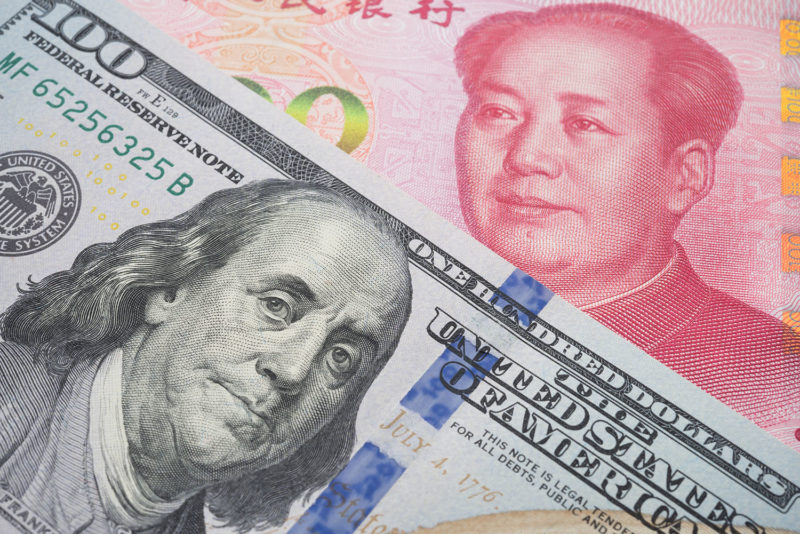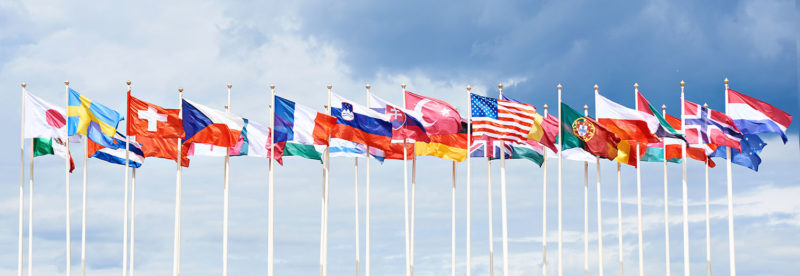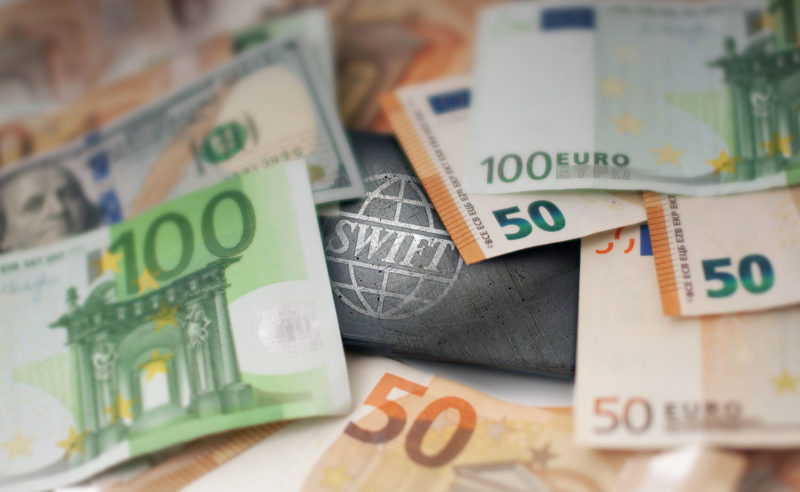European Emergency "Made in Germany"
Germany faces a historic energy crisis that could cripple its important export base, trigger a recession, and threaten to cause a domino effect on the rest of Europe. Much of the problem is self-inflicted and demonstrates the dangers of following the sanctions policies dictated by the United States.
Germany remains, along with France, the EU’s main engine and the world’s third-largest exporter, behind the United States and China, which is in first place. Still, the trade wars initiated by the United States and the subsequent sanctions and counter-sanctions between the EU and Russia have combined with the logistics and supply crisis resulting from the pandemic to finally shake the foundations of the German economy.
German economists and industry groups warn that rising energy prices, 35.6 per cent higher than in the same period last year, pose a growing risk to the small and medium-sized enterprises that form the basis of the economy. A German industry almost paralysed by energy shortages, significant price rises and runaway inflation of 7.9 % is among the economic data suggesting that Germany could be heading for an economic recession, if it has not already entered a recession in the last quarter.
A survey of companies conducted by the German industry association (BDI) between mid-August and early September painted a bleak picture of the sector, with a third of companies saying their existence was threatened by rising prices and almost 25% considering the option of relocating part of their business, or in the process of doing so.
The inevitable cost pass-through to businesses and consumers
The German government is sending out often contradictory messages that are fuelling public unrest. On the one hand, Economy Minister Robert Habeck stated in mid-August that Germany must reduce its gas consumption by 20 per cent if it wants to avoid energy shortages this winter. A figure that can only be achieved if the industrial activity is considerably reduced.
On the other hand, after criticism from economists and businessmen, a few days later he announced that German gas tanks are almost 83% full and will reach 85% of their capacity in early September, well before the self-imposed October limit.
In this context, Olaf Scholz’s government has agreed on a new economic aid package of more than 65 billion euros to alleviate the impact of the energy crisis on the population, which will be of little use when after rescuing Uniper, Germany’s leading gas supplier, the same will have to be done with the country’s second gas company, VNG, which ensures a new blow for consumers when, from 1 October, the energy companies will have the go-ahead to raise the price of bills again.
Winners and losers
While oil-producing countries are making a killing, Europe is sinking and preparing for a winter where it looks like it will barely be able to keep the lights on. Sanctions on Russia have proved more effective in countering the European economic recovery than in weakening a Russian economy that is all and sundry and the reduction in hydrocarbon exports to Europe is reaping record profits thanks to higher prices because of the restrictions imposed by the United States and the European Union.
At the same time, the United States has become the world’s largest exporter of liquefied natural gas (LNG) in the first half of 2022. The business is extremely lucrative, as it sells this gas three times more expensively to Europe and weapons in countries adjacent to Ukraine.
The geopolitical tug-of-war between the US and Russia or China is inevitable. It is even understandable, given the US interest in wanting to stem the loss of its hegemonic power in the face of an increasingly multipolar world. What is surprising is the EU’s foreign policy servility.
The energy crisis, and more specifically the gas crisis, was easily avoidable. The EU and specifically Germany, could have refused to participate in the US tactical war against Russia, which spurred the energy crisis by halting the Nordstream 2 pipeline. Now, without a clear supply alternative, since the EU had also stopped the MidCat pipeline, German industry will be hard-pressed to maintain its productivity. Germany’s ability to generate an economic surplus is key to the financing of the EU and dependent countries like Spain. What will happen if Germany is no longer able to sustain the European economy with its profits? Winter could be very difficult, not just in Germany.
If you want to discover the best option to protect your savings, enter Preciosos 11Onze. We will help you buy at the best price the safe-haven asset par excellence: physical gold.




